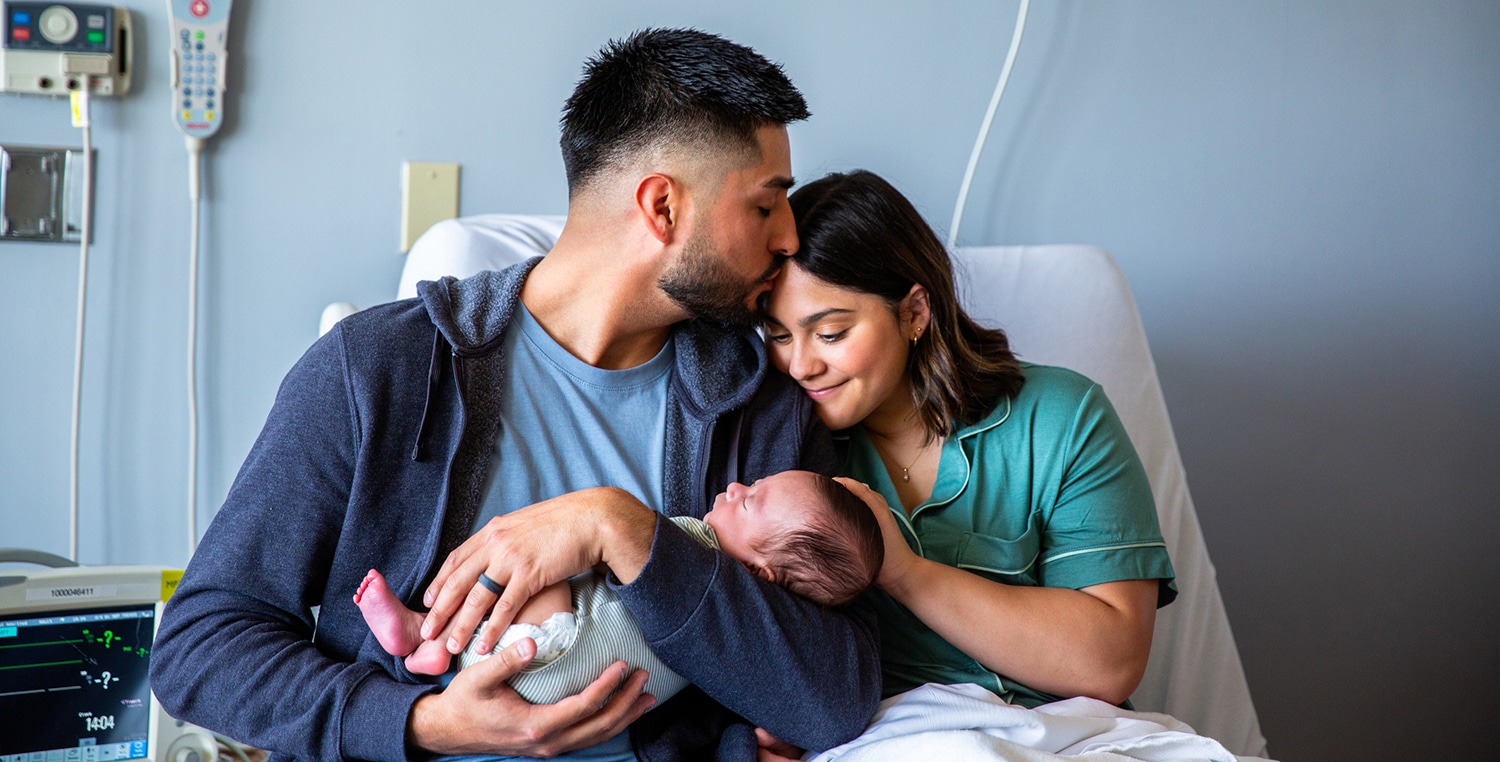Bringing a new baby into the world is an exciting and emotional time. In those first hours and days, your newborn will go through several important screenings and receive recommended medications that set the stage for a healthy start. These tests are quick, gentle and designed to catch potential problems early—often before symptoms appear.
Here’s what you can expect and why each step matters.
Metabolic screening: Catching hidden disorders early
One of the first tests your baby will have is a metabolic screening. This blood test checks for genetic, metabolic and endocrine disorders that, if untreated, can affect your baby’s brain or physical development.
The first screening is usually done between 24 and 48 hours after birth, before you leave the hospital. A second test is performed around 10 to 14 days of life, either at your pediatrician’s office or a lab.
By catching conditions early, doctors can start treatments or dietary changes that help your baby grow and develop normally.
Hearing screening: Supporting early learning
On your baby’s first day of life, a hearing screening is performed. A small sensor is placed on the baby’s head and ear while soft sounds are played. The test takes only a few minutes—many newborns sleep right through it—and it’s completely painless.
Early detection of hearing loss is essential. If hearing problems are found, early interventions can help prevent delays in speech and learning.
Pulse oximetry: Checking the heart’s health
Pulse oximetry is another quick, non-invasive test. A sensor is placed on your baby’s hand and foot to measure oxygen levels in the blood. The screening takes a few minutes and doesn’t cause discomfort.
This test helps identify critical congenital heart defects that may not be obvious right away. Detecting these early allows for timely treatment, reducing the risk of feeding and breathing difficulties, developmental delays and other complications.
Vitamins and medications: Early protection
Several medications are recommended shortly after birth:
- Vitamin K injection: Given within the first hour to help your baby’s blood clot properly.
- Eye ointment: Protects against a serious infection that can cause blindness, also given within the first hour.
- Hepatitis B vaccine: Usually administered around 24 hours after birth to protect against hepatitis B, a serious liver disease.
Making informed decisions
Parents may choose not to have certain screenings or medications, but it’s important to understand the benefits and risks. Hospitals provide education to help parents make informed decisions, and a signed form is required if you opt out.
Why these steps matter
Each of these screenings and medications safeguards your baby’s health. They detect conditions before they cause problems and provide a safety net as your newborn adjusts to life outside the womb.
By completing these steps, you’re giving your baby the best possible start—a chance to grow and thrive without preventable setbacks.
For more information about newborn screenings and labor and delivery services at Lovelace Women’s Hospital, visit our website at https://lovelace.com/services/labor-and-delivery/

